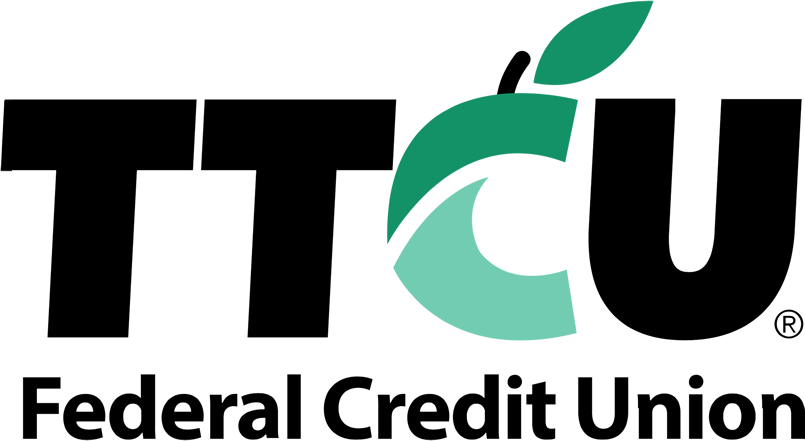Is Paying Down Debt a 2017 Resolution? Tips for Success
- Details
- Written by Remar Sutton
- Category: Articles

Besides winter storms, January tends to bring post-holiday bills. For many people, that also brings New Year's resolutions to pay down the debt they have and do a better job of not getting into debt in the first place. Using the sound financial practices profiled in this report can help you succeed quickly.
Staying debt free not only offers peace of mind, it also gives you more dollars to put toward important goals.
Get the Big Picture—Know What You Owe
Successfully paying down debt quickly means that you first need to create an overview of what you owe. Create a spreadsheet on your computer or on paper. List each debt—credit cards, retail installment loans (such as for appliances or electronics), car loans, home equity loans, and payday or title loans. If you have a home mortgage, you may list it as part of the big picture, but since buying a home should help you build equity and wealth, consider it separately from other consumer debt.
For each debt, list the amount owed and the interest rate that you are paying. Rank the accounts from greatest amount owed to least. Also rank them from highest interest rate to lowest interest rate.Pick a Repayment Strategy That Is Right for You
Consider which of the following two approaches to paying down debt would give you greater momentum:You pay off the smallest debt first by making the biggest monthly payment possible, while making minimum payments on other accounts. Then using the same strategy, you move to the next largest debt, and so on.
You work to pay off the debt with the largest interest rate first, putting as large a monthly payment as you can to this debt and making minimum payments on other debts. When the account with the highest interest rate is paid off, move to the account with the next highest interest rate. This approach typically results in greater overall savings in interest paid, but may not provide the sense of momentum you need.
Resolve not to use credit while you are paying debt off. Use your debit card or cash. If the temptation to use credit cards is too great, freeze them in a pan of water. Should you absolutely need to charge something, having to thaw out the cards will give time for reflection on whether the expense is absolutely necessary and, if it is, other ways you might cover it.
Create a Lean Budget Based on Needs, Not Wants and Extras
Finding the money to make greater payments on debt can be a challenge. The first place to find that money is to look for ways to save in your regular budget. (If you don't have a budget, use this opportunity to make one!) Your goal is to create a lean budget. To get free of debt, even consider some temporary sacrifices, such as not eating out, using a less expensive phone plan, and going without cable or satellite TV. Look for savings you can make in expenditures for clothing, entertainment, transportation and the like.Tip: If you don't have at least $1000 in an emergency fund, consider saving this amount first. That way should an emergency expense arise (for instance, the car needs a new battery or a child needs a trip to the doctor), you won't need to charge that expense.
Adopt New Frugal Habits
This is a great way to find spare cash that you can put toward paying off debt. Do you eat lunch out daily? Brown bag your lunch on most days. Rather than stop in your favorite coffee shop daily, bring a bag of good coffee in for the office coffee pot. Walk or jog for exercise rather than pay for an expensive gym membership. Look at your usual habits to find more opportunities; some changes or sacrifices might be just temporary to free up money to put toward debt paydown.Ask for a Lower Interest Rate and Consider a Balance Transfer or Consolidation Loan
If you are carrying debt on one or more credit cards with a high interest rate and you have a good record of paying on time, call the company up and ask for a lower interest rate. Point out your record as a good customer. All they can say is "no."Consider a balance transfer of some debt to an offer with a lower interest rate (and no offsetting transfer fee), IF you can pay off the amount transferred during the period of the special offer. Be sure you know what the interest rises to if you don't pay the transferred balance off in that time.
If you have multiple high interest accounts, you may wish to see if you qualify for a lower interest consolidation loan at your credit union or bank. Be sure to compare terms and compare how much overall interest you will pay on the consolidation loan versus paying off the original accounts under their terms. Ignore unsolicited "loan consolidation" offers that arrive via mail, email or phone; most of these are expensive at best and, at worst, may be scams.
Generate Extra Income to Put Toward Debt
Let's say you already have a bare-bones household budget and can't find much savings to put toward paying off debt faster. So consider ways that you can generate extra cash.One time opportunities:
- Put some or all of your tax refund toward paying down debt.
- Use a year-end or other employment bonus
- Sell the surplus—raise cash by selling things you can get along without in a yard sale or online.
Continuing opportunities:
- Work extra shifts if your job allows that.
- Use a skill you have to earn extra money.
- Offers lessons on an instrument you play
- Tutor students in an area in which you excel such as math, grammar, composition, foreign language or test-taking
- Offer a service such as baby-sitting or childcare, dog walking, pool cleaning, or snow removal.
- Get a part-time job for weekends or some evenings, such as retail sales or waiting tables.
Freedom from Debt Helps Your Budget Long-Term
Making some temporary sacrifices to pay off credit-card and other consumer debt as quickly as possible can free up money you can use for other important purposes. On an everyday basis you might put back some of the small fun things such as a family night out or a fancy java break a couple of times a week. In the long-term, you'll have more money for such goals as saving for retirement, the kids' college and even a dream vacation or accumulating a down payment for a house roomy enough for your growing family. Staying debt free not only offers peace of mind, it also gives you more dollars to put toward important goals.













